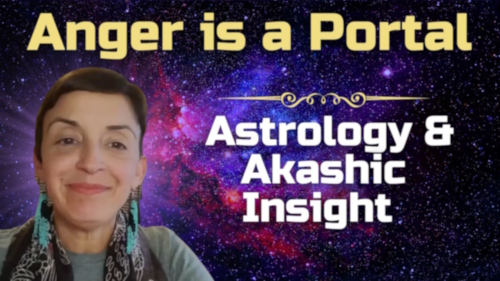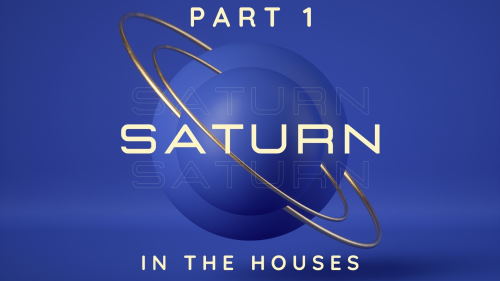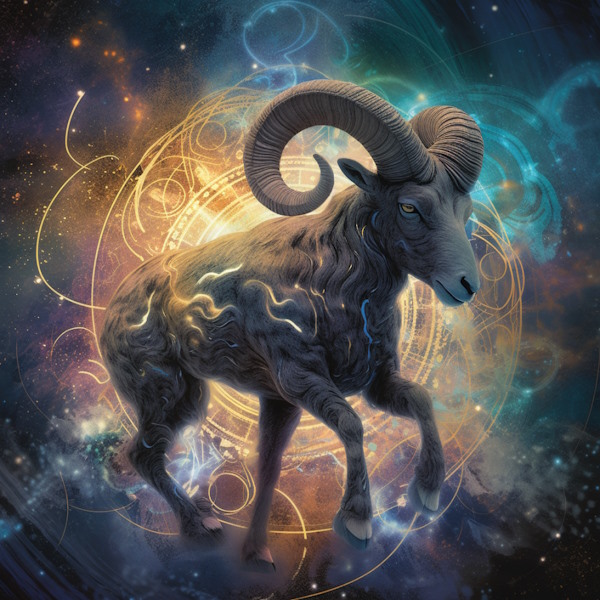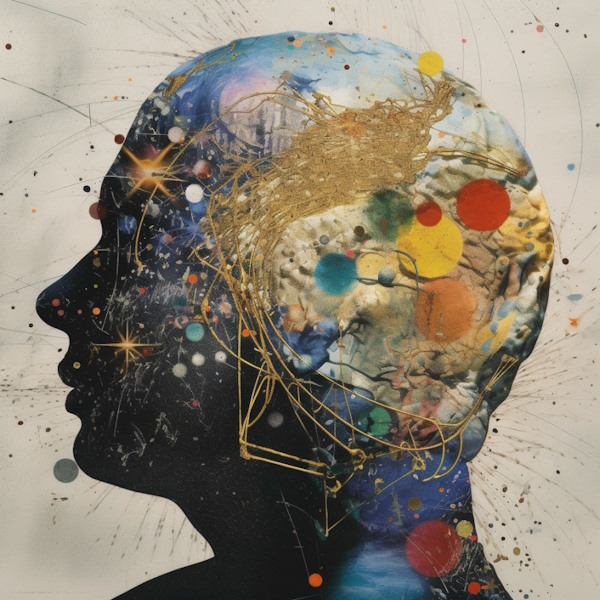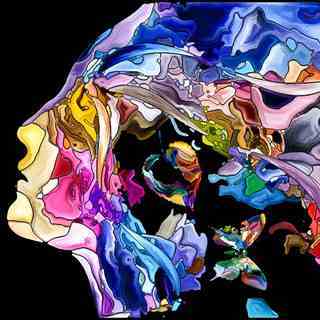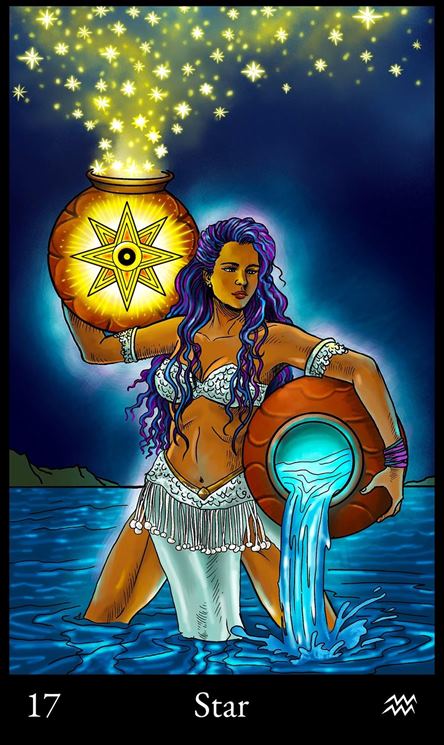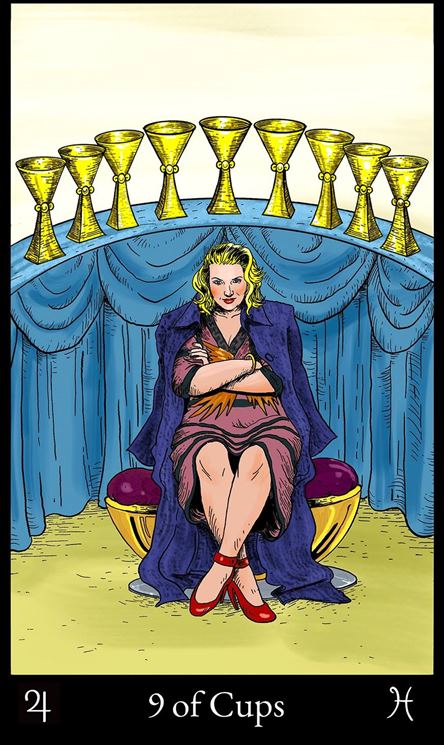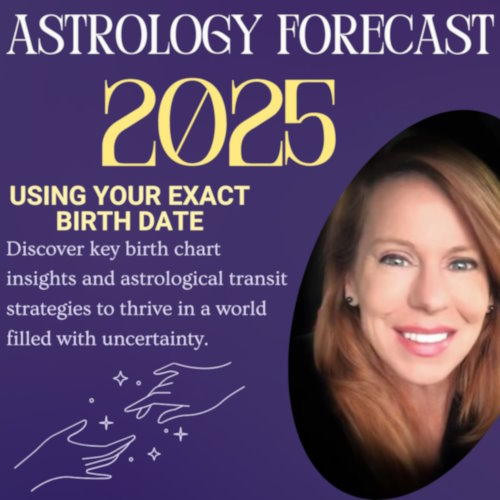Ceres Opposition Ceres ~ Synastry Aspects

"I am capable of finding harmony between personal growth and emotional support, nurturing my relationships with balance and love."
- Balancing nurturing and independence
- Fostering a deeper understanding
Ceres Opposition Ceres Opportunities
- Creating equitable and fulfilling dynamics
- Balancing independence and nurturance
Ceres Opposition Ceres Goals
Ceres Aspects
Ceres' Nurturing Embrace in Synastry
Ceres, named after the goddess of agriculture and motherly love, symbolizes the themes of nurturing, care, and sustenance in astrology. When Ceres from one person's chart makes contact with significant points or planets in another's, it evokes a deep sense of care, protection, and mutual growth. Such interactions can spotlight the ways in which two individuals provide for one another, both emotionally and physically, revealing patterns of caregiving, emotional sustenance, and shared routines.
Navigating Bonds of Care with Ceres
In the realm of synastry, Ceres can indicate a relationship infused with a unique blend of maternal or paternal care. This could manifest as one person providing emotional support, or both individuals fostering a shared environment of safety and growth. However, strong Ceres contacts might also bring up issues related to dependency or the balance of giving and receiving care. By acknowledging and understanding Ceres' influence, couples can cultivate a relationship built on mutual nurturing, ensuring that both parties feel cherished and sustained.
Ceres Opposition Ceres Meaning
Ceres Opposition Ceres is a celestial dance of contrasting energies, inviting you to explore the delicate balance between nurturing and independence within your relationships. This profound aspect encourages reflection on how you and your partner approach themes of caregiving, nourishment, and emotional connection.
Consider the question: How can harmony be found between your desire for personal growth and your need for emotional support in relationships?
This opposition may bring to light any imbalances in the way you and your partner give and receive care. It prompts examination of whether one of you tends to be overly dependent on the other or if there is a lack of emotional support and nurturing within the relationship. It invites exploration of ways to establish a more equitable and mutually fulfilling dynamic.
Recognizing and acknowledging these potential imbalances presents the opportunity to foster a deeper understanding and create a space where both you and your partner can grow individually while also nurturing the relationship. How can you both honor each other's need for independence and simultaneously meet each other's emotional needs?
Ceres Opposition Ceres Keywords
For more information on your birth or transit aspects to discover your true potential, check out our captivating, interactive, and completely free love report. Learn how your empathetic nature shapes your interactions and enriches your relationships.
Our intuitive, user-friendly layout guides you through each aspect of your spiritual vision, making it effortless to pinpoint areas where you might need guidance in decision-making. By using your precise birth details, we ensure unmatched accuracy, delving deeper with the inclusion of nodes and select asteroids. Experience insights and revelations far beyond what typical reports and horoscopes offer.













